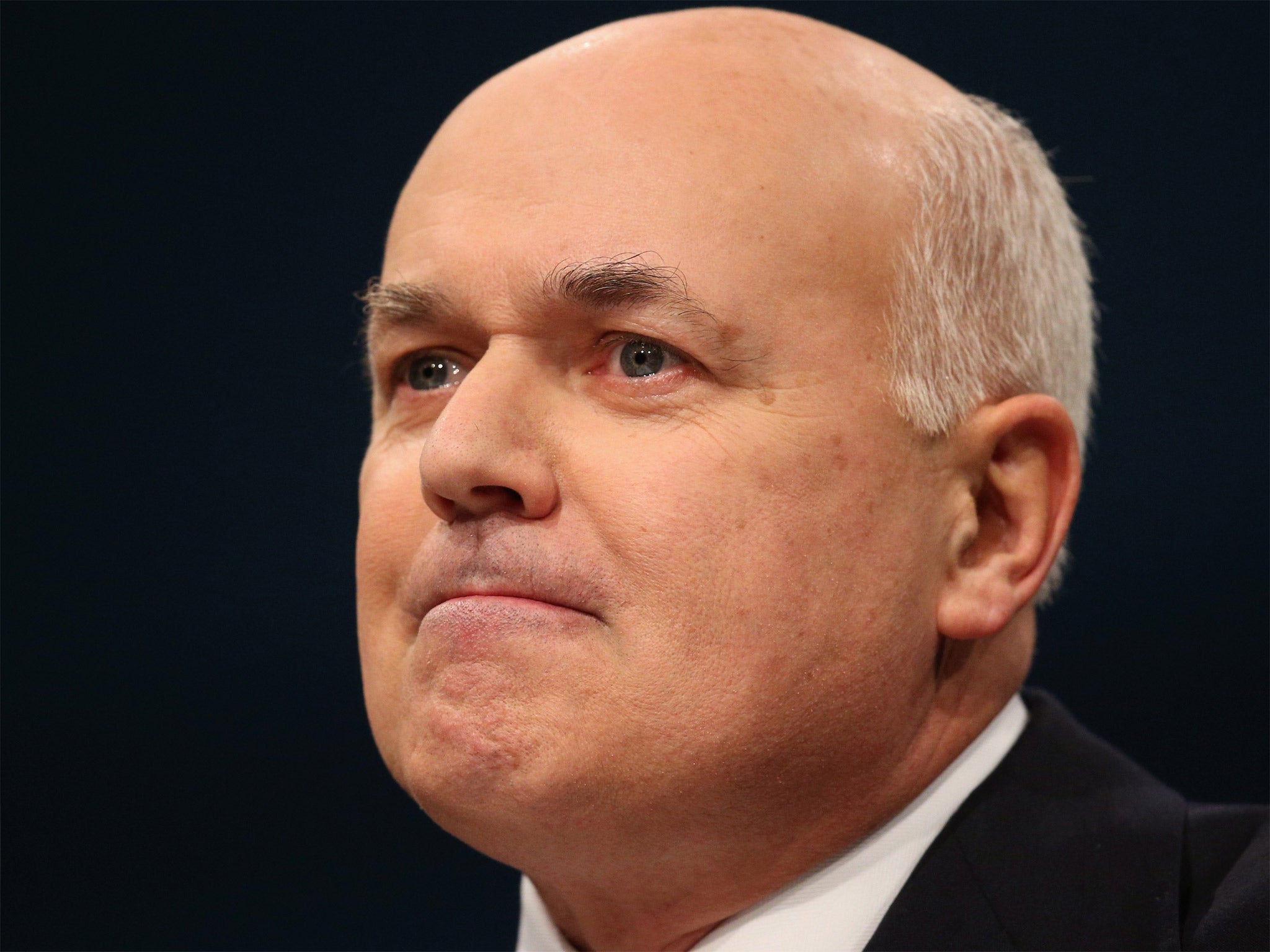A million more adults in poverty, figures show
The Government insists that relative poverty is falling

Your support helps us to tell the story
From reproductive rights to climate change to Big Tech, The Independent is on the ground when the story is developing. Whether it's investigating the financials of Elon Musk's pro-Trump PAC or producing our latest documentary, 'The A Word', which shines a light on the American women fighting for reproductive rights, we know how important it is to parse out the facts from the messaging.
At such a critical moment in US history, we need reporters on the ground. Your donation allows us to keep sending journalists to speak to both sides of the story.
The Independent is trusted by Americans across the entire political spectrum. And unlike many other quality news outlets, we choose not to lock Americans out of our reporting and analysis with paywalls. We believe quality journalism should be available to everyone, paid for by those who can afford it.
Your support makes all the difference.Further evidence of Britain’s “living standards crisis” emerged yesterday in official figures suggesting that a million more working age adults had fallen into poverty.
Trade union leaders seized on the annual statistics, saying they showed that between 2010-11 and 2012-13, one million more adults and half a million more children went into absolute poverty after housing costs. The figures rose from 7.7m to 8.7m for adults and 3.6m to 4.1m for children over the two-year period.
Frances O’Grady, the TUC general secretary, said: “These figures clearly show why living standards are falling. While wages have stagnated, and benefits and tax credits have been cut, prices have been rising: especially the cost of housing.”
But the Government insisted that relative poverty - the most commonly used measure - was falling.
The Department of Work and Pensions said: “The number of people in poverty has fallen by 100,000 over the past year and in-work poverty fell with 200,000 fewer working age adults in families where someone works in poverty.
"The percentage of individuals in relative poverty is now at the lowest level since the 1980s. Child poverty remains at its lowest level since the 1980s having fallen by 300,000 since 2009-10.”
Join our commenting forum
Join thought-provoking conversations, follow other Independent readers and see their replies
Comments